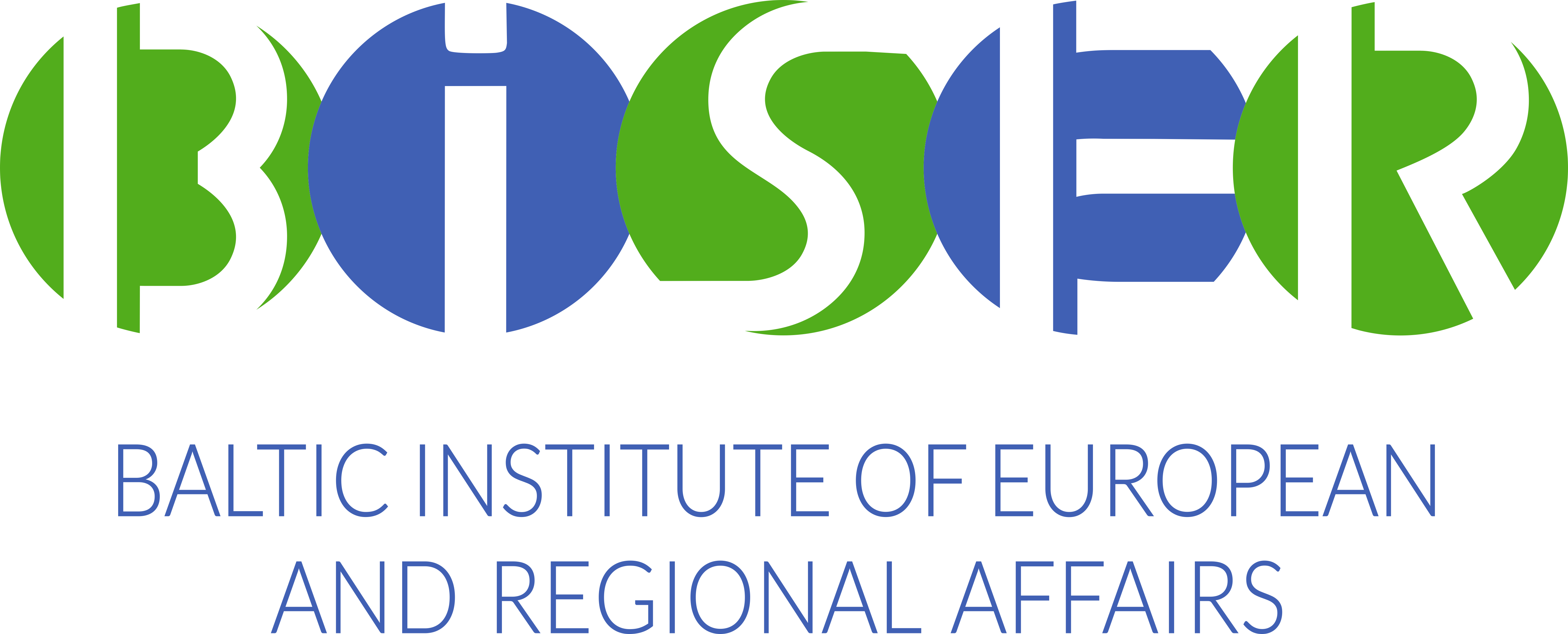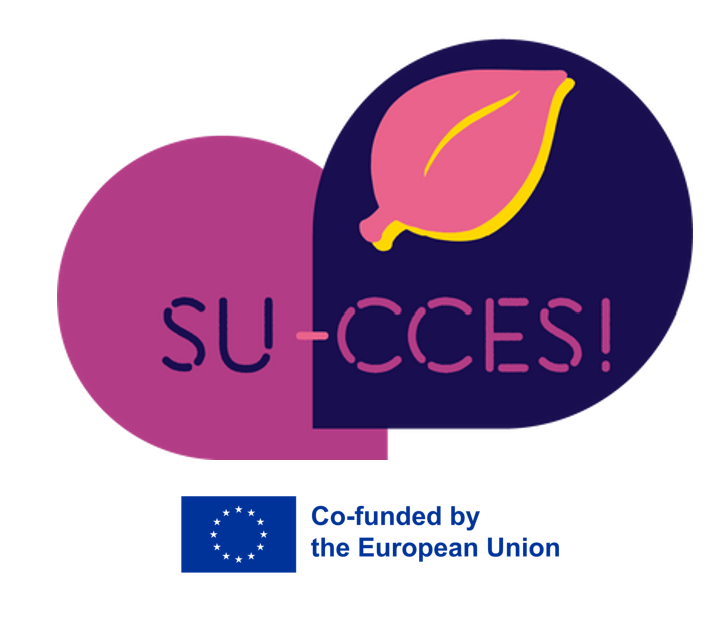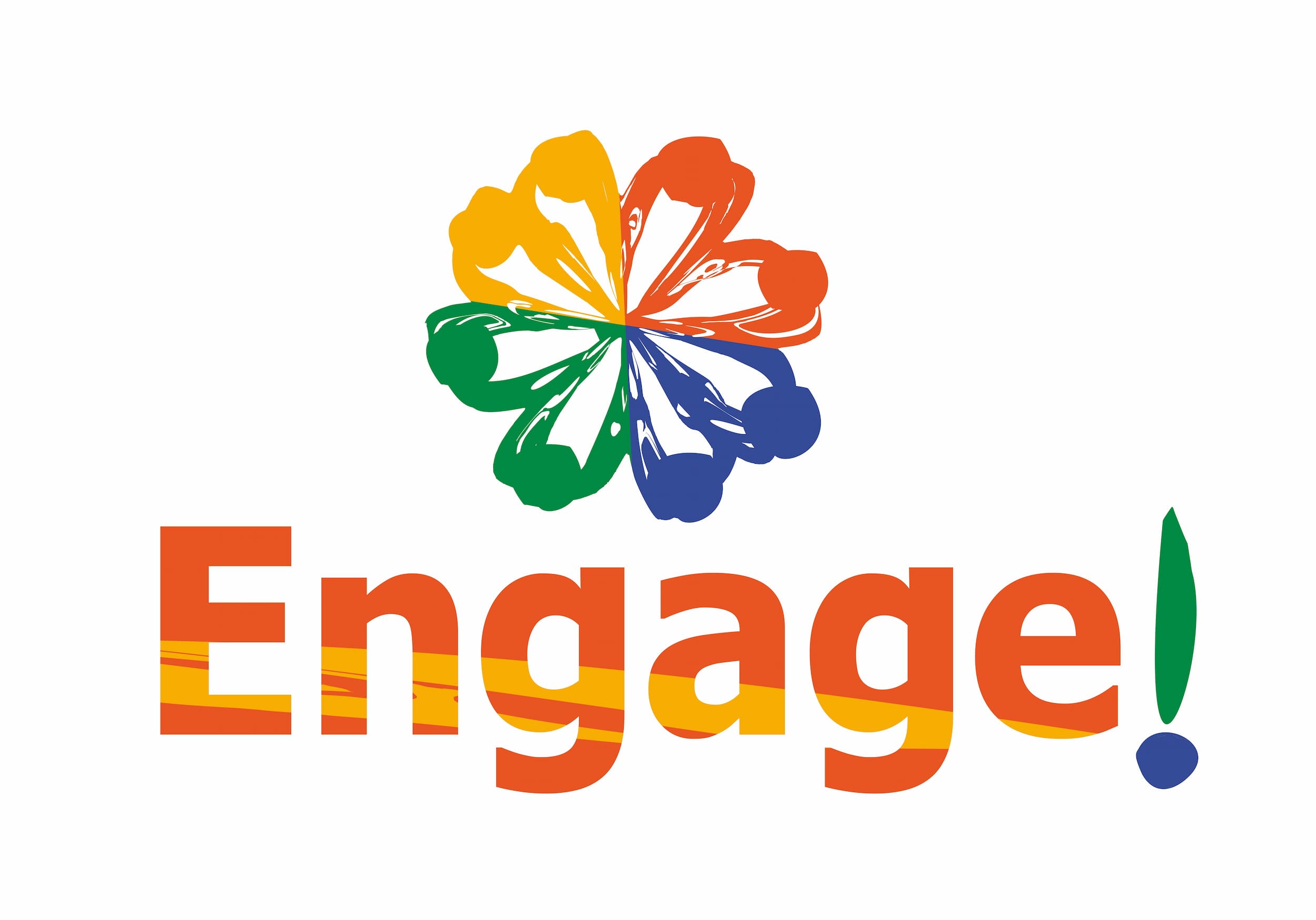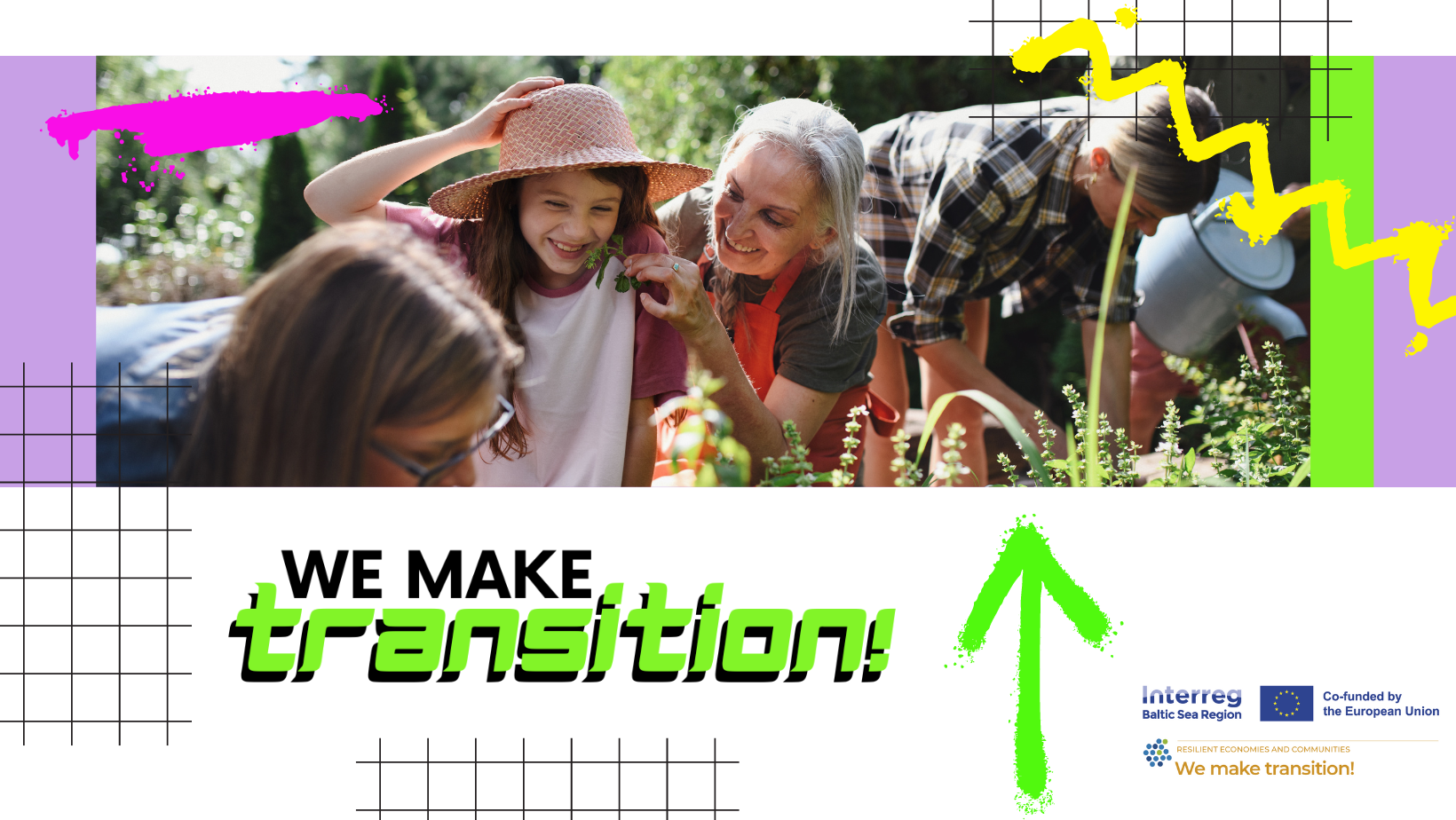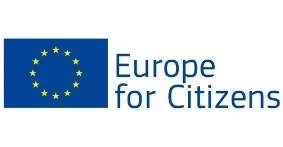Read a great article by Marta Czarnecka-Gallas, from the Interreg BSR Let’s Communicate! project for the Baltic Sea Report http://balticsea-report.eu/en/
On 4-5th June Tallinn was the capital of Baltic Sea Region cooperation. In these days almost 800 people met to celebrate 9th Annual Forum of European Union Strategy for the Baltic Sea Region and to discuss its future after 2020.
These are just some inspiring thoughts from two-day-sessions, workshops and meeting:
- „If people don’t know what they will get, they won’t get involved ”, one of conclusions from ‘Taking a closer look: study on the EUSBSR’ workshop

The European Union Strategy for the Baltic Sea Region is an instrument of cooperation, which will be efficient only by involving its inhabitants. The commitment must result from the conviction that the initiatives taken will actually result in 1) clean sea; 2) a better connected region and 3) an increase in prosperity, and also from knowledge how to achieve these goals.
- „Baltic Sea Region is a success story of a cohesion policy” Māris Kučinskis, Prime Minister of Latvia
During almost the decade of functioning of the European Union Strategy for the Baltic Sea Region, development disparities between the countries of the region have been significantly reduced. The whole region is leading in many rankings, among others innovation and digitization, and the economic performance of individual countries are among the best, thereby proving the sense of EU cohesion policy.
- „It’s time to revise 3 NO’s of the Strategy” Alexander Stubb, Vice-President of the EIB, one of the authors of the EUSBSR idea
The European Union Strategy for the Baltic Sea Region was established in accordance with the “three no” principle: no new regulations, no new institutions and no new resources. Meanwhile, after almost 10 years of functioning, there is a growing need to change, especially regarding the resources for the Strategy, because “if there is a budget for the Strategy, it will have more attention”.
- „Every development happens locally, and we should make life easier on the local level” Erik Bergkvist, President of Västerbotten Region
The European Union Strategy for the Baltic Sea Region is a macroregional initiative, but it focuses on cooperation at all levels. One of its greatest achievements is the inclusion of the local level – local administration, universities, clusters, business environment institutions, NGOs etc., which through projects and cooperation platforms significantly contribute to the achievement of the Strategy’s objectives. One of the strongest voices expressed regarding the future shape of the Strategy was the postulate of simplifying procedures in order to engage local actors even more.
- ”With smart specialisation strategies, we need a shift from a competing objective, to a complementary objective” Alison Hunter, Public Policy analyst
In the current EU programming period 2014-2020, the smart specialization program has been embraced and stimulated the smart specialization initiatives at the macro-regional level. Joint innovation efforts in the entire Baltic Sea Region should be further intensified and based on strong cooperation between institutions and projects in order to better use the synergy effects of the implemented solutions.
- „ Nothing about us without us ”, a title of the seminar on better youth involvement and dialogue
The idea of cooperation in the Baltic Sea Region and connecting all inhabitants of the region, is a value that requires special involvement of young people. Therefore, it would be ideal not to develop a specific, seperate youth policy, but to include youth issues and perspectives in all policies.
- „Everything should be made as simple as possible, but not simpler” A. Einstein
Albert Einstein’s quote was an inspiration for reflections on effective communication, also in the aspect of communicating the European Union Strategy for the Baltic Sea Region. Effective communication must be simple, but not too simple and it starts with good listening.
- „Sustainable fishing creates more fish, more jobs, more profits”, Lasse Gustavsson, Oceana in Europe

Comprehensive research of the Baltic Sea, conducted, among others by scientists from Oceana Europe, show that sustainable fishing does not mean smaller catch, but on the contrary. The methods that result in the regeneration of fisheries will result in much better fishing results, and thus a higher level of employment in complementary sectors and higher profit.
- „The circular economy is the plastic marine garbage in the Baltic Sea” Siim Kiisler, Minister of Environment of Estonia
The Baltic Sea is particularly vulnerable to pollution. In addition to the serious contamination inherited from past decades, the current problem of plastic waste adds to existing threats. Only a circular economy in which plastic is produced, consumed and processed for re-use is the solution to this burning problem. Circular and sharing economy will be the leading themes of the next jubilee, 10th Strategy Forum in Gdansk.
And finally, the thought that lasted from the beginning to the end of the Forum and sounded in the heads of participants:
10. „A little less conversion, a little more action, please”.
…………………..
* The EU Strategy for the Baltic Sea Region (EUSBSR), adopted in 2009, is the first Macro-regional Strategy in Europe. It is an agreement between the EU Member States and the European Commission aiming at strengthening cooperation between the countries bordering the Baltic Sea. The EUSBSR is divided into three objectives: save the sea, connect the region and increase prosperity. The key focus of the EUSBSR is on joint problem-solving and the many opportunities that regional cooperation provides.
“Let’s Communicate!” project, which functions as the Communication Point of the EUSBSR, launches a series of articles focused on EUSBSR priorities in order to promote the success stories and cooperation within the Strategy framework. The project is co-funded by the Interreg Baltic Sea Region Programme.
Read the full article here: http://balticsea-report.eu/en/2018/06/12/english-10-inspiring-thoughts-from-tallinn/
